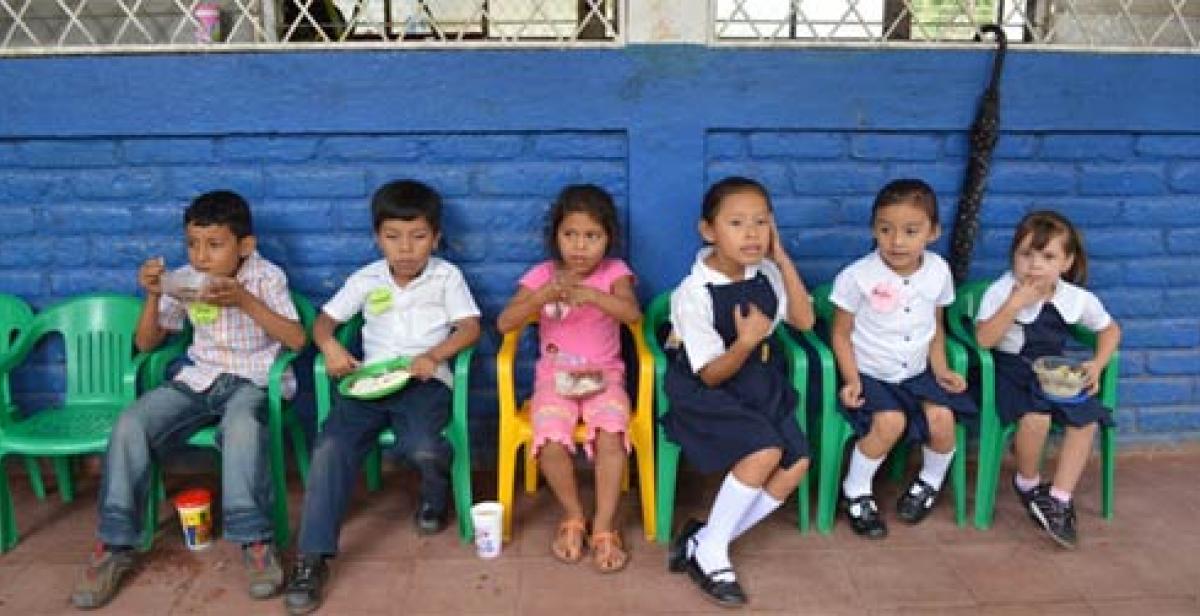Nicaragua has given the world several well known authors, among them a famous poet Ruben Dario; however a surprisingly big part of population is not literate or does not appreciate written word. Reading books is not perceived as a rewarding past time and the newspapers can be seen more often in the latrines than anywhere else. Bookshops are aimed at the tourists and have books mostly in English, German, and other European languages. The reason for such neglect of literature is very simple - education has a low social value and not everyone manage to even graduate from secondary school.
Although education in Nicaragua is free, the real cost of going to school is hidden from the inattentive observer. Many children, especially those who live in remote areas and farms, spend their days helping out at home and in the fields or looking after their younger siblings. If they were to attend school regularly, it would deprive their family of significant workforce. Although child labour and inability to go to school may seem like a violation of human rights, Nicaraguans have different opinion based on their experiences. Poor economy and weak industries mean that even qualified workers have a hard time finding a job. Getting employed requires not only good education and skills, but often creativity, personal connections or patrons, and sometimes support from a political party. Although some people who received good education manage to overcome all of these obstacles, others don’t. They have to go back to farming in a small village and lead a lifestyle that does not require any more than a primary education. Given such considerations, it is often more worthwhile to spend the childhood learning practical skills rather than perfecting reading and writing.
It is equally true that a country cannot develop without a strong human capital and well-educated specialists. Nicaraguan government is trying to make children attend lessons by providing free food. However, this program only covers pupils in primary school, while older children don’t receive any incentive and start dropping out. Most schools have a piece of land allocated to it, where they can grow fruit trees and vegetables in order to improve nutrition and maybe keep a few more of the students coming back. A big part of the Progressio project here was to improve such school gardens by providing an extra pair of hands needed to dig up vegetable patches, remove weeds, and plant seeds. If this work only changes a few children’s lives it is still worth doing it because even a small and indirect contribution to education problems eventually might turn out to be very important.
Text by Agne Skrebyte. Photo by Julie Asis.



